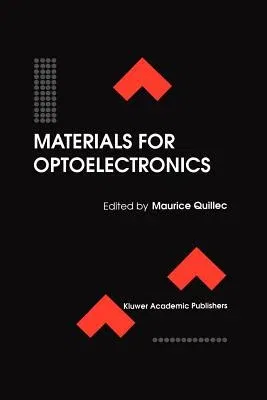Materials for Optoelectronics (Softcover Reprint of the Original 1st 1996)Paperback - Softcover Reprint of the Original 1st 1996, 30 September 2011

Qty
1
Turbo
Ships in 2 - 3 days
In Stock
Free Delivery
Cash on Delivery
15 Days
Free Returns
Secure Checkout
Part of Series
Electronic Materials: Science & Technology
Print Length
378 pages
Language
English
Publisher
Springer
Date Published
30 Sep 2011
ISBN-10
1461285658
ISBN-13
9781461285656
Description
Product Details
Book Edition:
Softcover Reprint of the Original 1st 1996
Book Format:
Paperback
Country of Origin:
NL
Date Published:
30 September 2011
Dimensions:
23.39 x
15.6 x
2.06 cm
ISBN-10:
1461285658
ISBN-13:
9781461285656
Language:
English
Location:
New York, NY
Pages:
378
Publisher:
Weight:
548.85 gm

